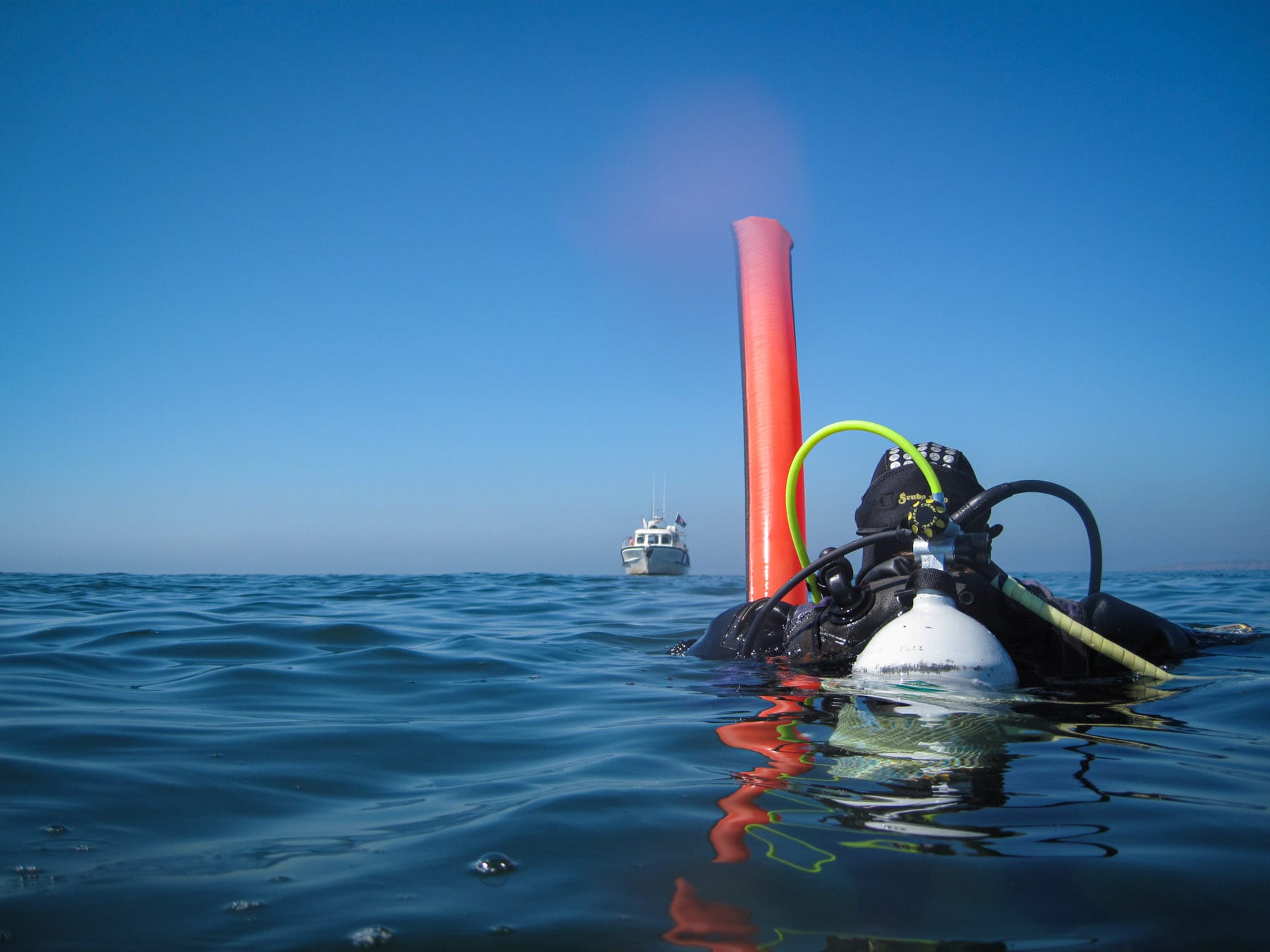Scuba 2000 has been affiliated through Scuba Schools International (SSI) for more than 25 years. SSI have been leading the way in diving education for 50 years, are recognised globally and part of the World Recreational Scuba Training Council (WRSTC) bodies in both Europe and North America. Our partnership with SSI means we and our professional team must follow their training standards. These training standards are also based universally agreed principles set by the WRSTC and followed by all major training agencies, including PADI, SDI, RAID etc.
There are a number of ways we strive to exceed these standards, for example:
- Teaching in small groups, below the recommended teaching ratio
- Completing more than the minimum number of dives, to build more experience and confidence
- Completing training dives to simulate both real world conditions and a range of possible situations
- Our professional team are very experienced and have on average, more than 1,000 dives (well above the minimum).







